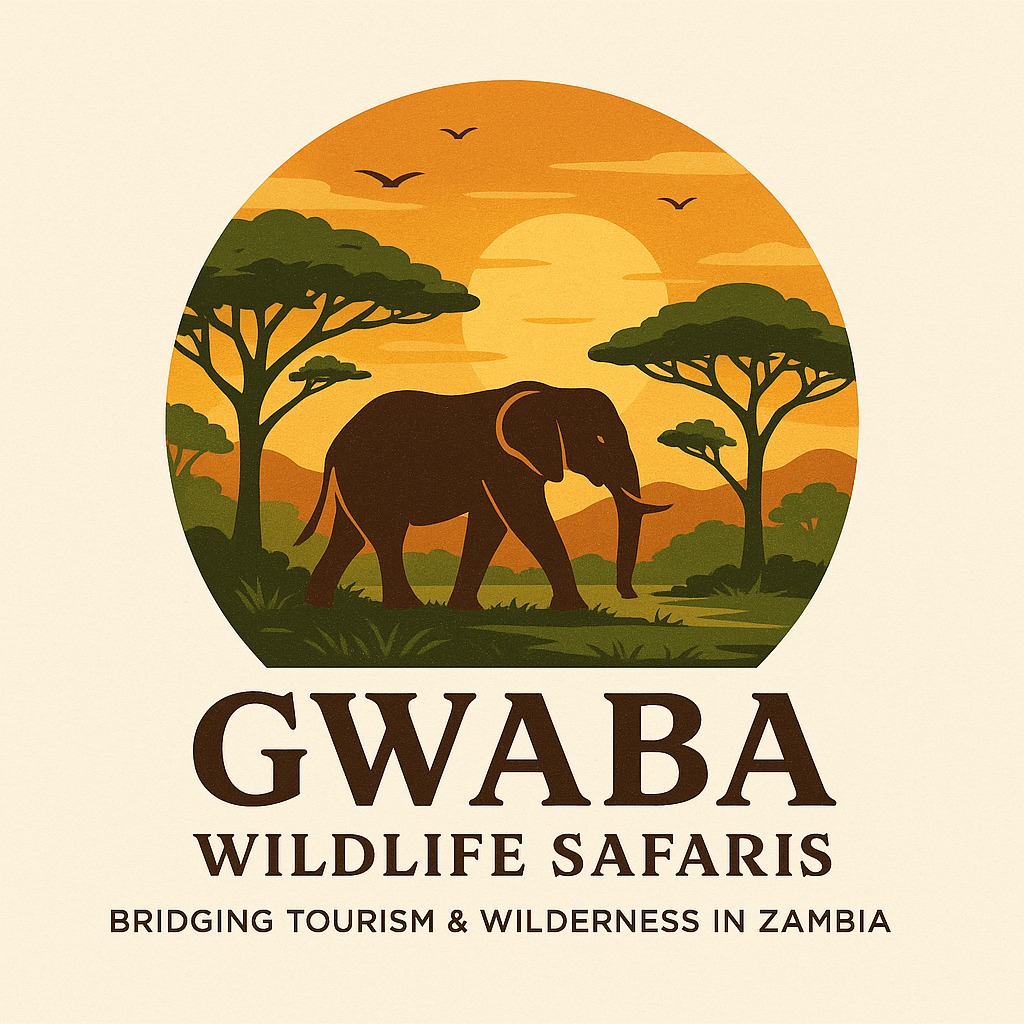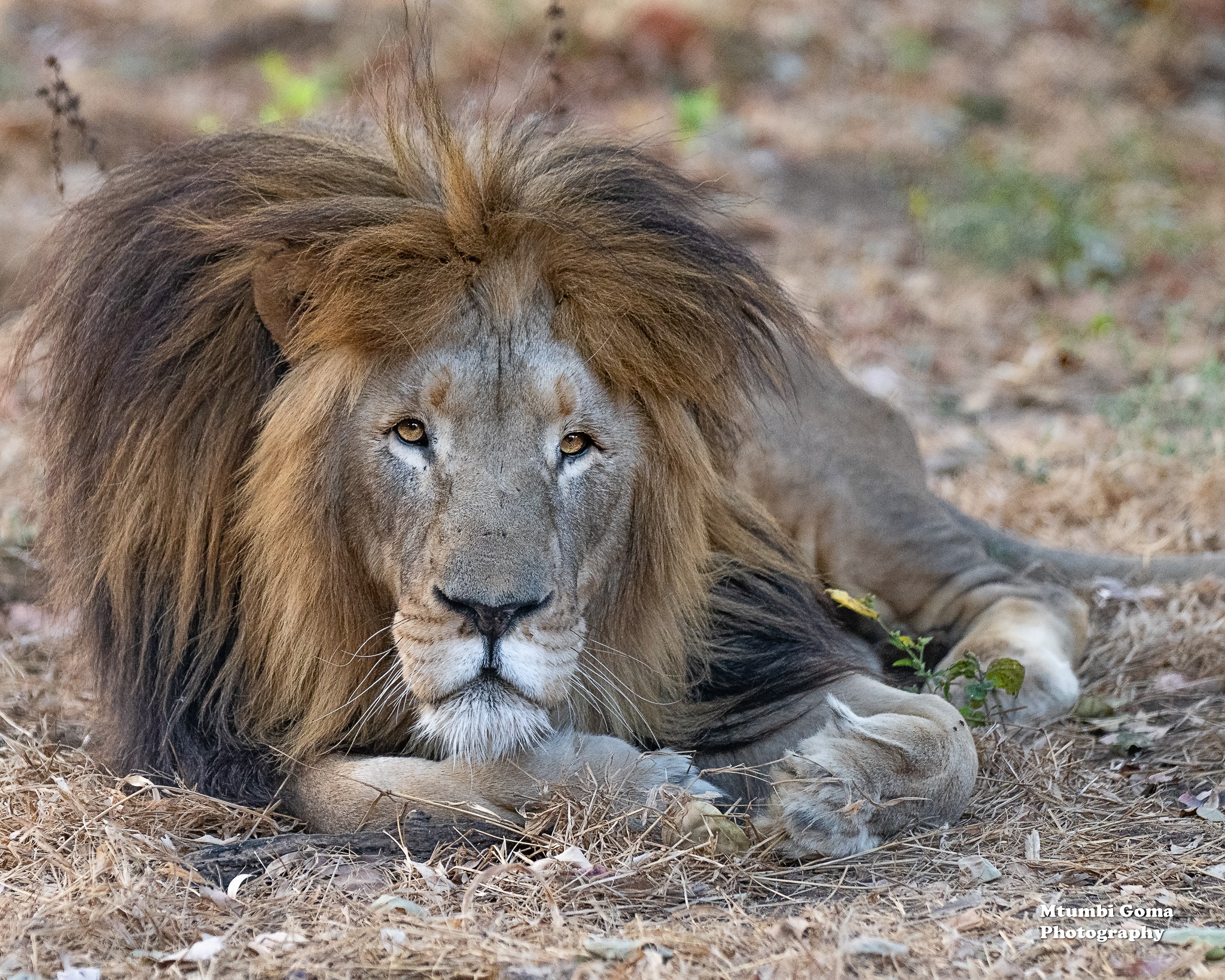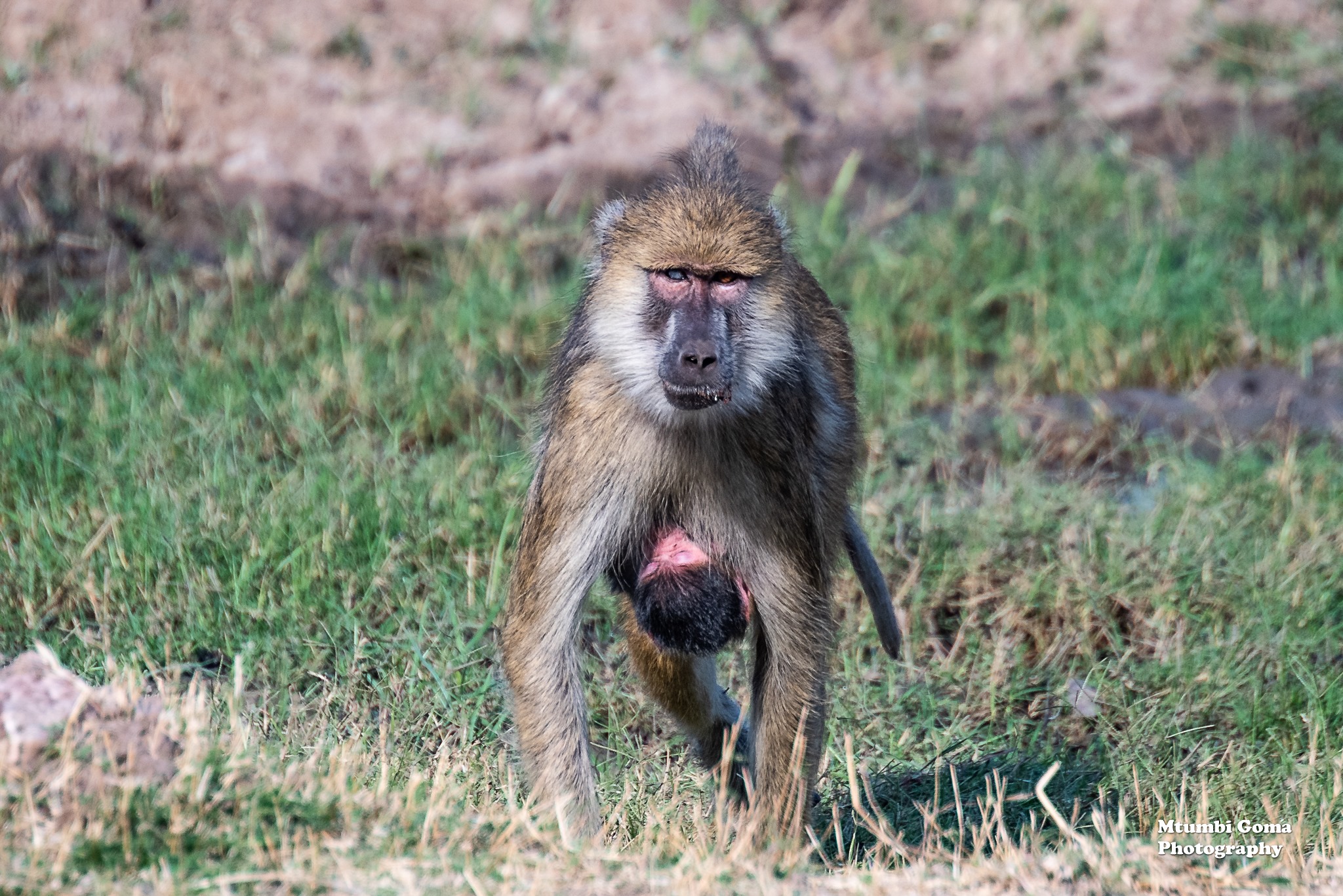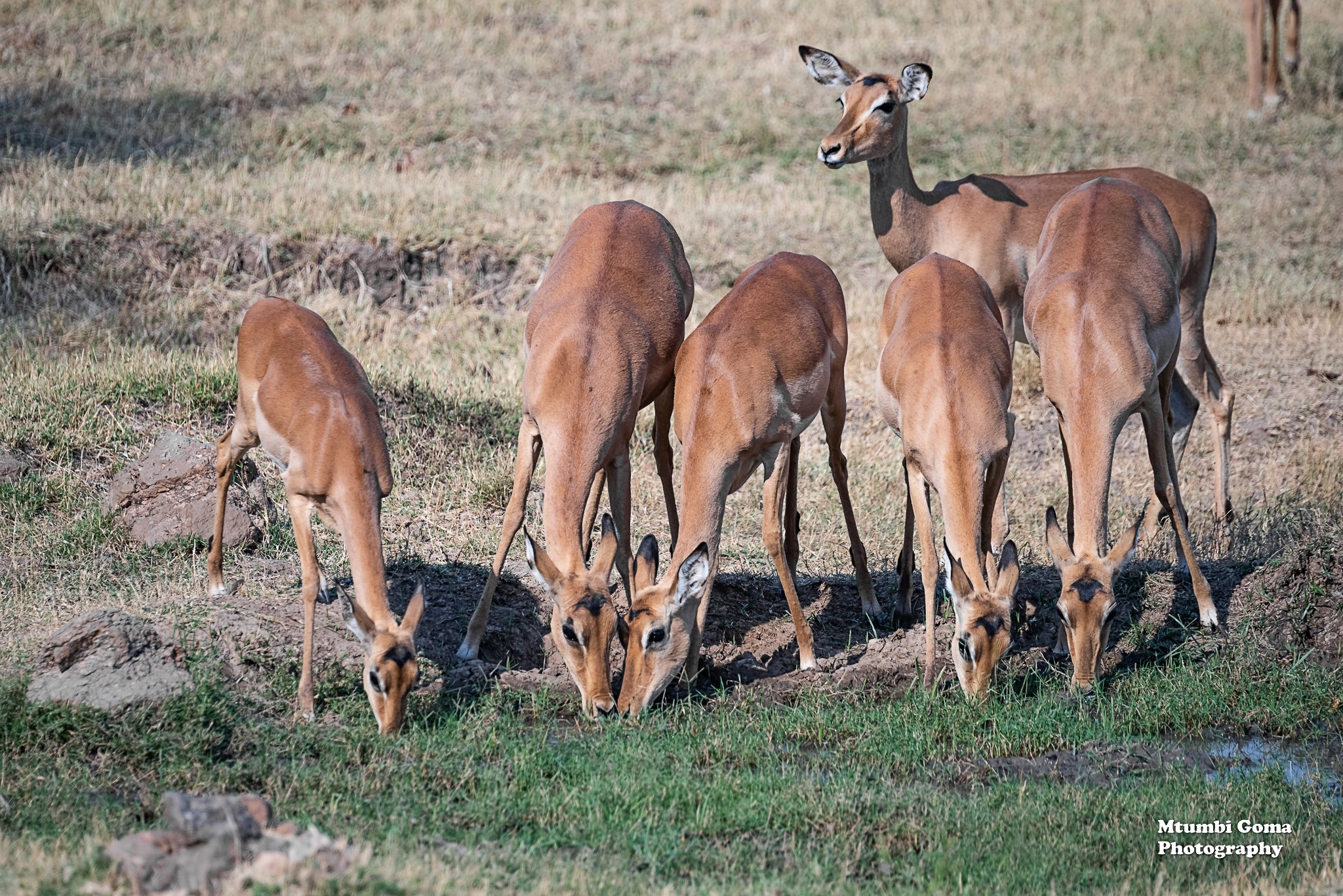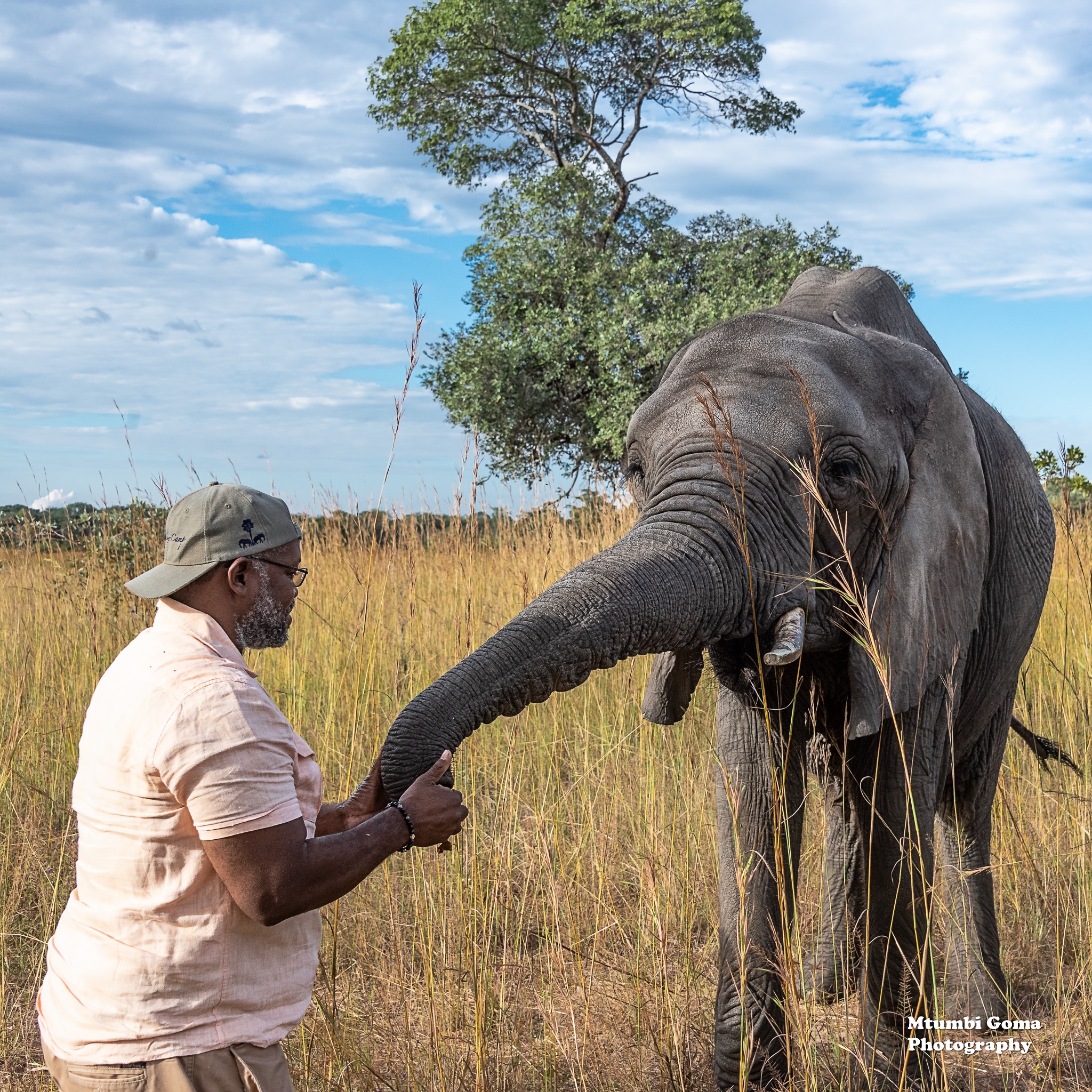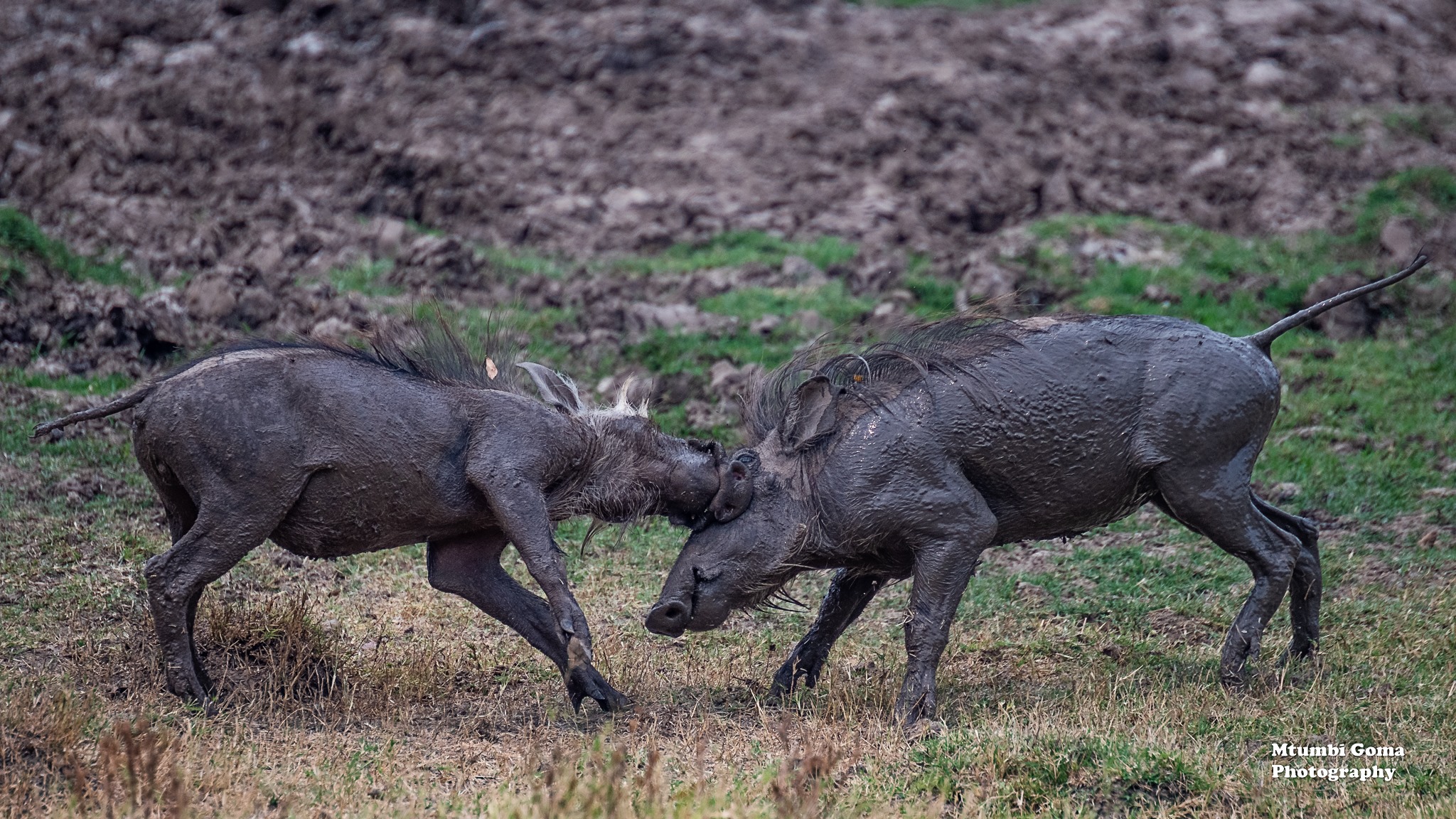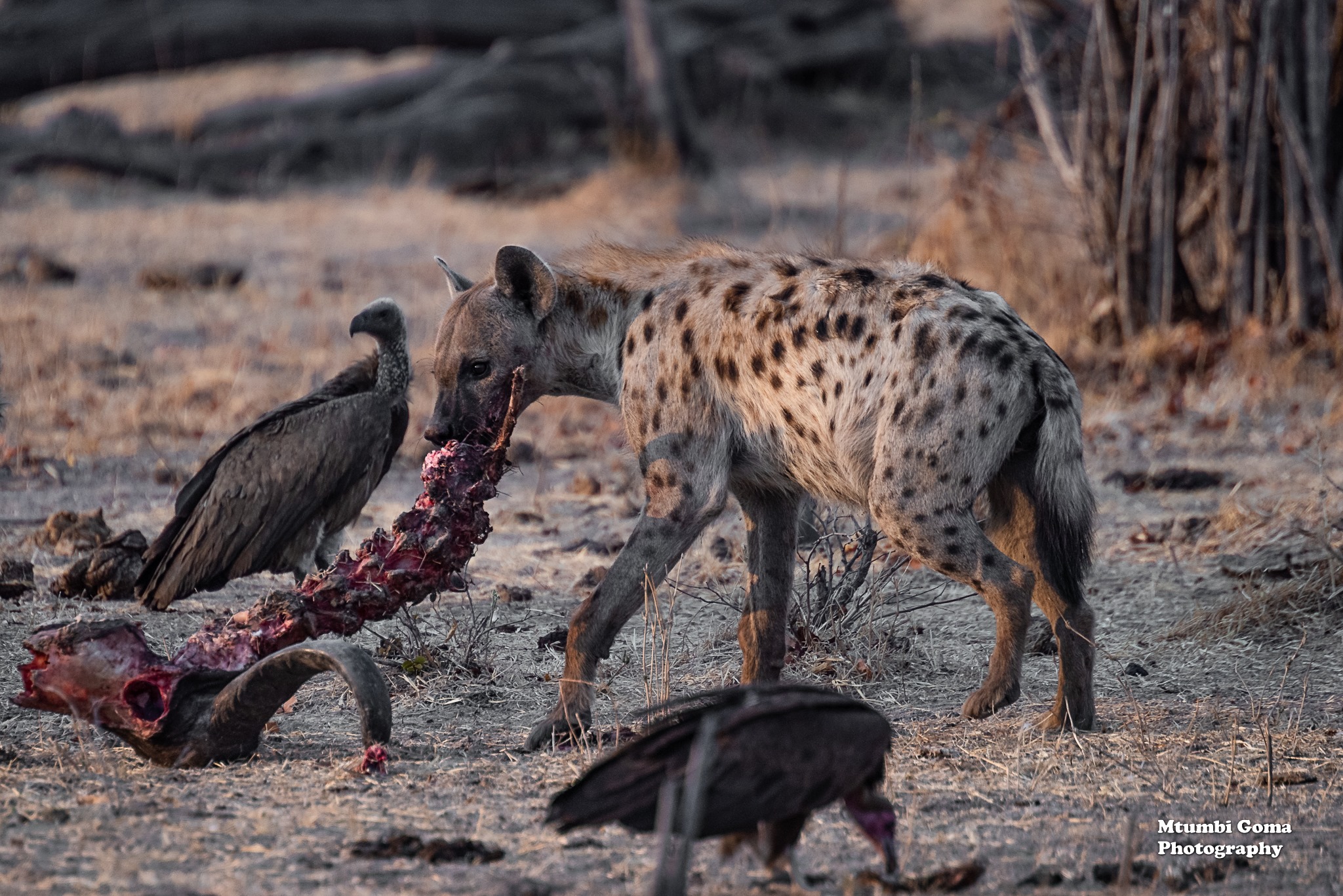How Ethical Tourism Is Shaping Zambia’s Future
The story of how responsible hunting, conservation partnerships, and modern tourism consultancy are redefining Zambia’s wildlife economy.
Zambia’s tourism industry is entering a new era — one defined not just by adventure, but by accountability and sustainability. Across the country, companies like Gwaba Wildlife Safaris Limited are leading the charge in showing that ethical tourism can preserve wildlife, empower communities, and still deliver world-class experiences for travelers.
At the heart of this transformation is a simple belief: the future of Zambia’s wilderness depends on how we treat it today.
1: The Changing Face of Safari Tourism
For years, Africa’s safari narrative was dominated by thrill and exclusivity. But in recent times, a deeper story has emerged — one that links wildlife conservation with economic empowerment.
In Zambia, licensed companies such as Gwaba Wildlife Safaris are proving that safaris can do more than entertain. They can create jobs, fund conservation programs, and attract responsible investors who care about the planet as much as they care about profit.
“Every safari we organize contributes to the protection of Zambia’s biodiversity,” says a senior operations manager at Gwaba. “We see our clients not as tourists, but as partners in conservation.”
2: Balancing Conservation and Commerce
Sustainability isn’t about doing less business — it’s about doing it better.
Gwaba’s dual model — combining Wild Harvest Butchery with Tourism Consultancy Services — demonstrates how regulated wildlife use can coexist with conservation principles.
- Game meat harvesting follows strict government guidelines.
- Trophy and hide exports are processed under quarantine and veterinary supervision.
- Tourism development projects undergo environmental impact assessments before launch.
This responsible framework allows Gwaba and its partners to operate transparently while ensuring that Zambia’s natural heritage remains protected for generations to come.
3: Empowering Local Communities
True sustainability extends beyond the animals — it includes people.
Gwaba Wildlife Safaris works with various community conservancies and local suppliers, ensuring that benefits from safari operations are shared fairly. From job creation to skills training and education, each project is designed to make tourism a force for inclusive development.
Through partnerships with NGOs like WWF, Game Rangers International, and BioCarbon Partners, Gwaba also supports initiatives that strengthen anti-poaching efforts and promote environmental education in rural communities.
5. The Role of Consultancy in Tourism Growth
Behind every successful safari operation lies a well-structured business.
Gwaba’s consultancy division helps new and existing tour operators navigate Zambia’s complex tourism ecosystem — from company registration and licensing to safari package development and regulatory compliance.
By helping others build legally compliant and sustainable tourism enterprises, Gwaba is not only expanding the industry — it’s raising its standards.
